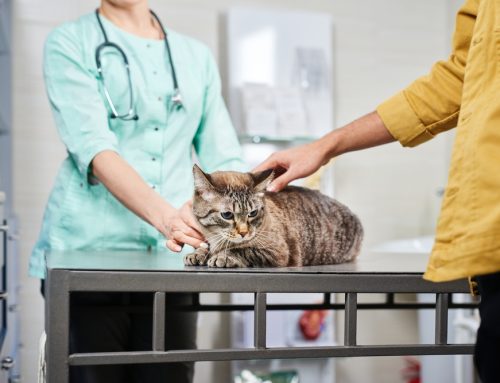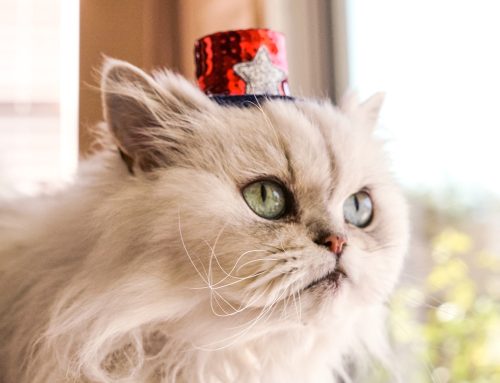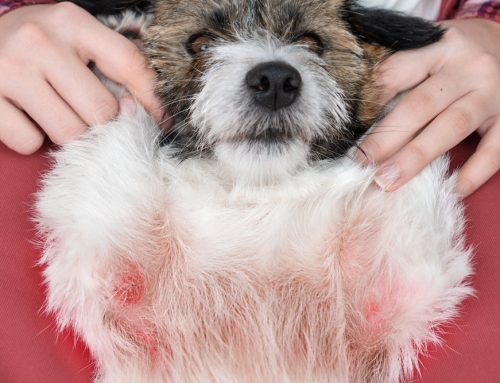Many of you have probably already been educated on why having your puppy or kitten finish its vaccination series is important. Preventing serious diseases such as parvo in dogs and panleukopenia in cats, and non-treatable diseases such as distemper and rabies, is the purpose of finishing those vaccines. However, there is much more important information to glean from that first visit than just when the vaccines are due.
At your first puppy and kitten visit, your veterinarian will discuss with you the appropriate age for spaying and neutering your pet, and what diseases they can acquire if you do not have them spayed or neutered. He or she will ask you questions regarding what the lifestyle of your pet will be, to help determine whether other non-core vaccines should be added to your pet’s preventive care regimen. He or she will go over house training (for dogs) and teething.
Preventive care also involves routine fecal and heartworm testing. At the first visit, the veterinarian will discuss with you the potential parasites that your pet will be at risk for, and how they will be treated if your pet ends up being positive for any. They will also discuss with you how often it is recommended to test for intestinal parasites and heartworm disease, and what products to use for prevention based on your pet’s lifestyle. And yes, we include cats in this discussion as they can get intestinal parasites and heartworm disease as well!
Education about diet and dental disease is another discussion had this first visit. How much and how often to feed your growing fur baby is often asked of the veterinarian, and they can go over the appropriate feeding schedule for your pet. Having a conversation about dental disease is also key at this visit, so that realistic expectations for your pet’s future dental health are set, and so that you know what you can use at home for dental health, and when dental cleanings should be started with your veterinarian.
If your pet is a purebred animal, the first visit is also a good time to discuss potential hereditary conditions that the breed is known for. Additionally, the first examination is important because your veterinarian may find some congenital problems (existing at birth) that could affect your pet’s health. For instance, many small breed dogs can have luxating kneecaps that can result in pain, limping, and eventually arthritis. Some dogs and cats are born with heart murmurs that indicate congenital heart disease. Spinal or limb deformities are possibilities as well. The list goes on. For many of these diseases, the sooner they are caught the better so that treatment can be instituted early.
That first puppy or kitten appointment is an excellent time to gather all of this information from your veterinarian, so that you have the knowledge that is necessary to keep your pet happy and healthy. So if you have a new puppy or kitten that still needs its first visit, what are you waiting for? Get them in to see your veterinarian and get started on the right track.









Leave A Comment